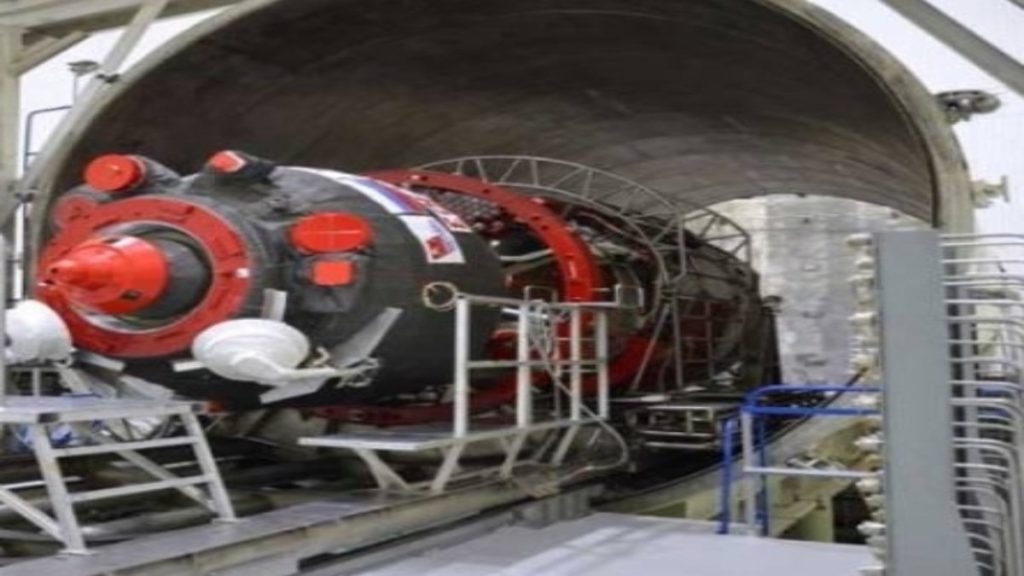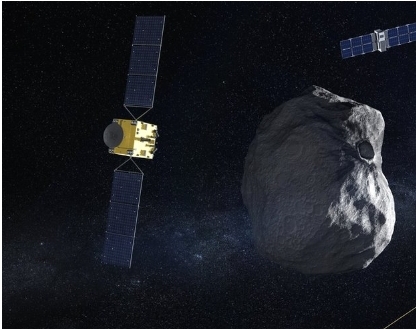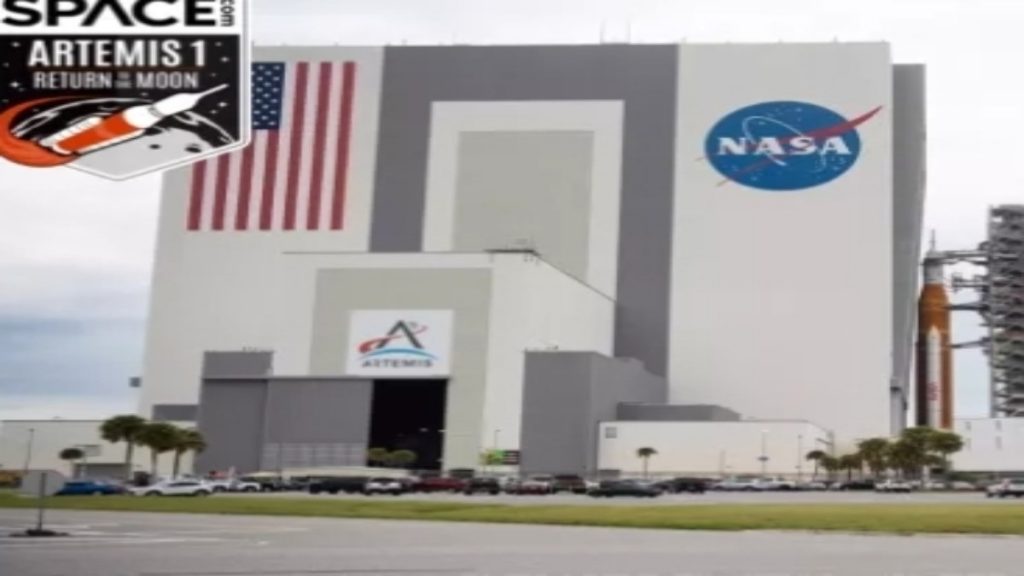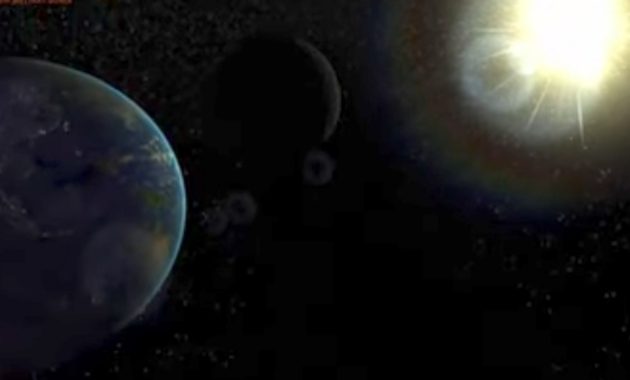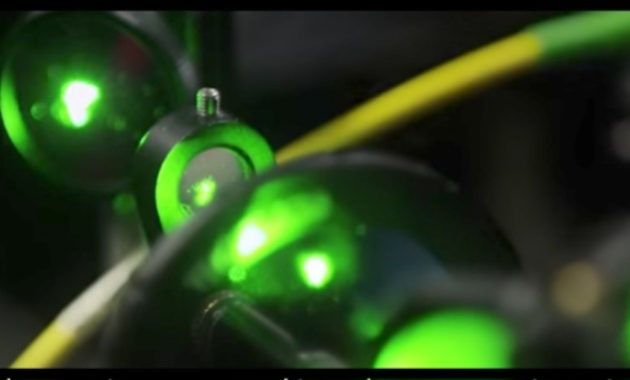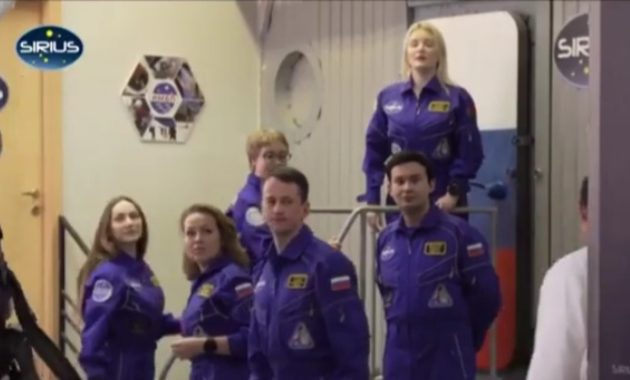World Tekhno.com – After suffering damage to Soyuz MS-22, the previous spacecraft, the unmanned Russian Soyuz MS-23 unmanned spacecraft was declared to have passed a leak test at the Baikonur Cosmodrome. Soyuz MS-23 will launch to the International Space Station (ISS) on February 20, 2023 to replace the damaged Soyuz MS-22. According to the press service of the Russian Federal Space Agency (Roscosmos), the leak test of the spacecraft’s pneumovacuum test was carried out at a special site at the Baikonur Cosmodrome.
The tests were conducted in the vacuum assembly chamber and in the building of test site 254 using a helium-air environment. “At the Baikonur cosmodrome, the leak test of the Soyuz MS-23 transport spacecraft was completed,” Energia space rocket company, part of Roscosmos, was quoted as saying on the TASS website on Friday (27/1/2023).
The Soyuz MS-23 spacecraft will undergo checks in the coming days for automation of the combined propulsion system and the descent executive organ system. Then, perform control tests of the onboard digital computer complex and radio engineering system equipment. This includes testing the line refueling system to ensure that the ship’s cooled thermal system is working properly.
Soyuz MS-23 will be sent to the ISS in unmanned mode after all circuit test processes are completed using the Soyuz-2.1a launch vehicle (rocket). Soyuz are a series of spacecraft designed for the Soviet space program by the Korolyov Design Bureau (now RKK Energia) in the 1960s and are still in service today.
The Soyuz spacecraft launch will use Soyuz rockets, which are the most widely used and most reliable launch vehicles in the world to date.
The Soyuz rocket design was based on the Vostok launcher, which was based on the 8K74 or R-7A Semyorka, the Soviet intercontinental ballistic missile. All Soyuz spacecraft launched from the Baikonur Cosmodrome in Kazakhstan.***
